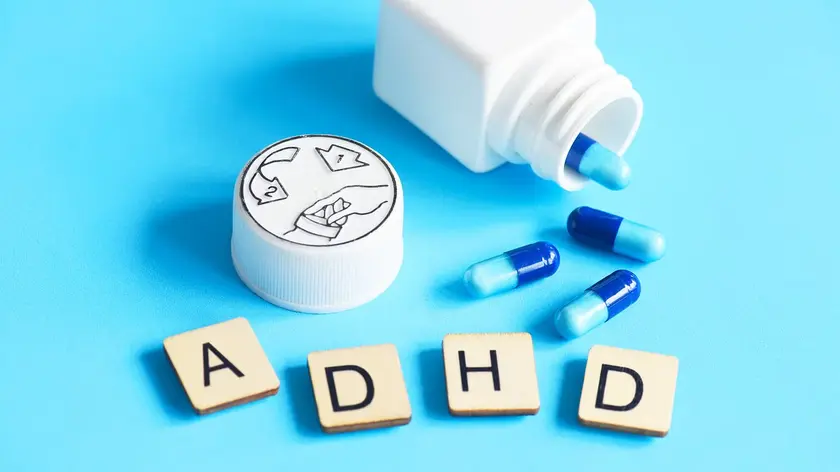T4K3.news
ADHD diet debate gains new voice
A Swansea professor argues that overall diet and poverty may influence ADHD, not just food additives.

A Swansea University professor argues that ultra processed foods and overall diet, not additives alone, may influence ADHD in children and that poverty plays a role.
Top Professor Challenges ADHD Diet Link and Poverty
A Swansea University professor argues that ADHD is not explained by food additives alone and that the broader diet matters. He says ultra-processed foods, which are high in sugar and fat and low in fiber, are common in many households and may be connected with ADHD diagnoses. He notes that low income families often rely on these foods because they are cheaper.
Drawing on a 1985 study, he says some children react to many foods, not just additives, and reactions differ across individuals. He cautions that removing additives would not eliminate symptoms and that what works for one child may not work for another. He urges families to focus on overall diet and to seek expert guidance for elimination diets. The piece also notes that the UK has the highest share of ultra-processed foods in Europe, accounting for about 57 percent of the national diet, and that UPFs are linked to obesity and early heart health risks in children. The NHS bears costs related to obesity and diet related diseases, underscoring the potential public health impact of dietary patterns.
Key Takeaways
"To some extent ADHD may be an indication of poverty, and a generally poor diet."
Benton links socioeconomic factors to ADHD prevalence.
"No child reacted only to additives, and different children reacted to different foods."
Referenced from an early food trial on reactions to foods.
"What works for one child may not work for another."
Highlights individual differences in ADHD responses.
"If a child’s behaviour seems linked to diet, keeping a food diary can help identify patterns."
Advice given to families on monitoring diet and behaviour.
These arguments push the ADHD diet debate beyond single ingredients toward a bigger picture of food systems and inequality. They raise questions about how doctors communicate diet links without shaming families or oversimplifying science. If confirmed, the view could shape policies in schools and clinics, guiding nutrition education and funding decisions. At the same time, there is a risk of misinterpretation or political backlash if people read this as blaming parents or poverty for ADHD rather than recognizing complex biology and environment. The piece invites policymakers to consider how to improve access to healthy foods while avoiding simple blame.
Highlights
- Eating ultra processed food and additives is more common among low income families.
- No child reacted only to additives and different children reacted to different foods.
- What works for one child may not work for another.
- Keeping a food diary can help identify patterns.
Public reaction and policy implications risk
The piece touches on sensitive claims about ADHD causes, poverty and diet. It could spark backlash from medical groups and parents and may influence budget and policy discussions.
Science evolves, and so does our approach to nutrition and mental health.
Enjoyed this? Let your friends know!
Related News

Shrinking Summer tests body positivity

ADHD debate sparks strong opinion

ADHD studies show wide impact

Democrats push bold redistricting response

Vegan Diet Health Debate Finds Nuance

Migration crime debate tests leadership

Japan weighs wartime past amid revisionist push

Blue Peter editor Baxter dies
